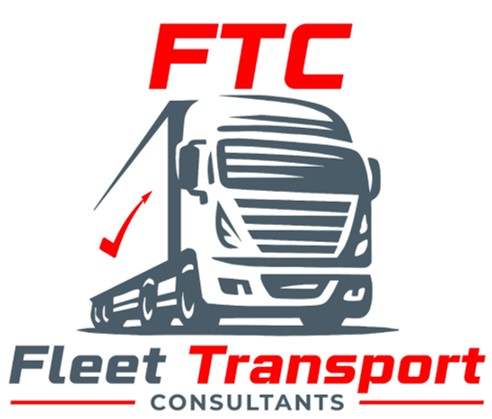Ensuring Tachograph Compliance
Must Do Guide for Operators
Andre Renner
24th May 2024

Tachograph compliance is critical in the UK, ensuring driver well-being, legal adherence, and operational efficiency. For Operators Licence Holders, Transport Managers, and anyone involved in managing tachograph data, upholding these standards is essential. This blog outlines three key areas for optimal tachograph compliance, specific to the UK:
1. Mastering Your Analysis Software:
Regardless of the chosen software (DVSA-approved options are recommended), proficiency is key. Deep understanding allows you to leverage features that pinpoint potential breaches quickly and accurately. Look for tools that can:
Automated Breach Detection: Flag potential driving time or rest period violations for further investigation, including infringements related to the upcoming Smart Tachographs (ST2).
Driver Activity Reports: Analyse trends in individual driver behaviour to identify areas for improvement, focusing on factors like excessive speeding or extended duty periods.
Data Comparison: Cross-reference vehicle unit and driver card data to identify discrepancies and missing mileage. This is particularly important as ST2s will offer enhanced location data capabilities.
Software Expertise: A well-trained team understands the intricacies of your chosen tachograph analysis software. They can leverage its full potential to identify potential breaches quickly and accurately. This includes features like automated detection of driving time or rest period violations, driver activity reports for trend analysis, and data comparison for spotting discrepancies and missing mileage.
Compliance Knowledge: Beyond software proficiency, your team should possess a deep understanding of UK regulations surrounding tachograph data and driver hours. This ensures they interpret data correctly and identify violations based on the latest DVSA guidelines, including considerations for the upcoming Smart Tachographs (ST2).
Effective Communication: A trained team can effectively communicate complex data and potential compliance issues to drivers and management. They can explain infringements clearly, fostering a culture of understanding and accountability.
Problem-Solving Skills: Inevitably, some tachograph data may be incomplete or require further investigation. A trained team can troubleshoot issues like missing mileage, identify root causes, and implement corrective actions efficiently.
2. Prioritising Missing Mileage Management:
Missing mileage in tachograph data is a red flag, potentially indicating a driver not using their card or manipulating the system. A competent team should prioritize addressing missing mileage to ensure complete and accurate data:
Prompt Downloads: Frequent downloads from both the vehicle unit and driver cards are crucial. Utilise remote download solutions approved by the DVSA whenever possible to expedite the process.
Meticulous Reconciliation: Every missing kilometre needs to be accounted for. The team should investigate the cause, whether due to faulty equipment, driver error, or tampering.
Focus on Driver Card Usage: Reinforce the importance of drivers always using their cards during any driving activity. Implement clear procedures and disciplinary actions for non-compliance.
Data Integrity Checks: Regularly check downloaded data for inconsistencies and missing mileage flags. This proactive approach allows for early identification and rectification of any issues.
3. Implementing a Robust Infringement Management System:
A well-defined and communicated policy is vital. It should include:
Risk-Based Approach: Prioritize investigation and disciplinary action based on the severity and frequency of infringements. This may involve focusing on deliberate tampering with tachographs or repeat offenders of specific regulations.
Clear Disciplinary Procedures: Outline a standardised process for addressing different types of infringements, adhering to UK employment law guidelines. Ensure consistent enforcement of these procedures.
Continuous Improvement: Track infringements as a Key Performance Indicator (KPI). Develop a data-driven plan to reduce these occurrences through targeted driver training offered by certified training providers, train and upskill transport managers with software usage, coaching on responsible driving practices, and operational adjustments to optimise routes and schedules.
By focusing on these three key areas, Operators, Transport Managers, and anyone involved in tachograph compliance can ensure their fleets operate efficiently and legally within the UK regulatory framework. This not only protects drivers and fosters a culture of safety but also demonstrates responsible business practices to regulators and clients.
Additional Considerations:
Stay informed about the latest DVSA guidance on tachograph compliance, particularly regarding the mandatory switch to ST2s in the coming years.
Invest in ongoing driver training certified to ensure they understand tachograph use, adhere to driving time and rest period regulations, and are familiar with the functionalities of ST2s.
Partner with reliable tachograph service providers who offer expertise and support with installation, calibration, data analysis, and ensuring compliance with UK regulations.
By taking a proactive approach to tachograph compliance, you can contribute to a safer and more efficient road transport industry in the UK.
